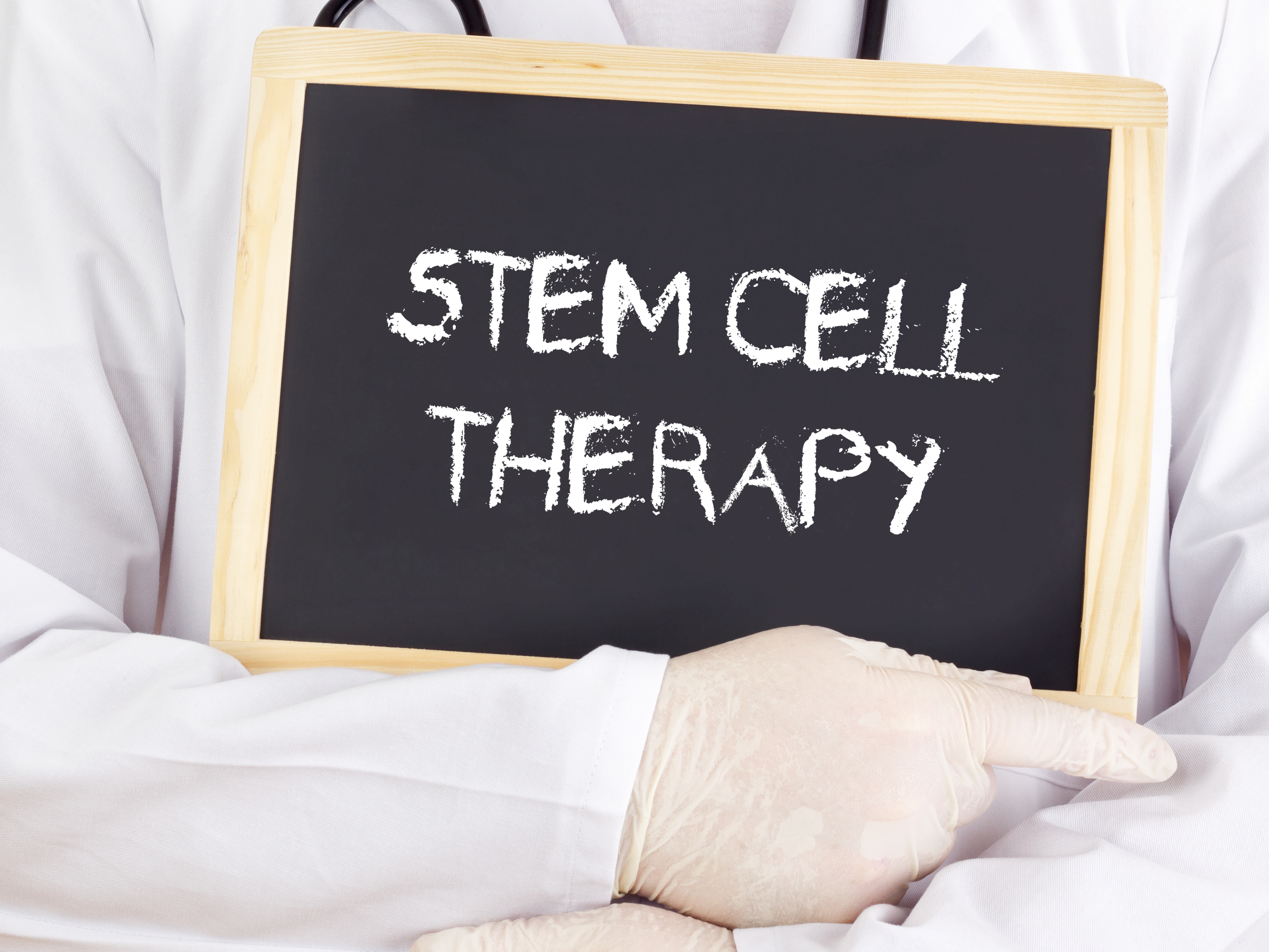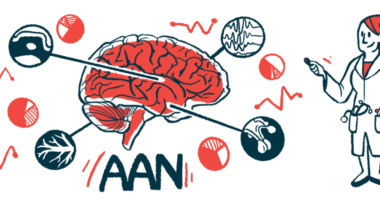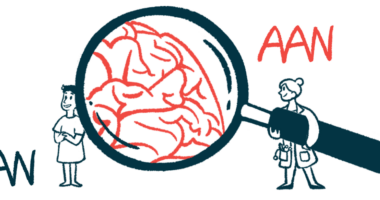TRANSEURO Readies New Attempt at Stem Cell Therapy for Parkinson’s

TRANSEURO, a research consortium funded by the European Union, is readying an old weapon for a new round in the struggle to find a long-term treatment for Parkinson’s disease — transplanted fetal stem cells producing dopamine, a technology researchers attempted 30 years ago.
Today, improved methods and a focus on younger patients make TRANSEURO researchers optimistic about prospects for the treatment’s success.
“We hope to be able to show that we can safely and effectively transplant dopaminergic cells into the brains of patients with Parkinson’s Disease that produce dopamine and make many aspects of the disease better,” Roger Barker, a professor of clinical neuroscience at the University of Cambridge, and TRANSEURO project coordinator, said in a news release.
As most Parkinson’s patients know, drugs attempting to replace lost dopamine are only effective for a couple of years before their effects start to wane, and they are linked to gross side effects involving involuntary movement. Since drug approaches have been disappointing, researchers have turned to other options, such as deep brain stimulation. But these treatments also become less effective with time.
Severe movement side effects also troubled early attempts with stem cell transplants. “For many patients, this led to a reduction in their medication, and some were able to stop taking it altogether for some time,” said Barker. “However, some patients developed graft-induced problems with involuntary movements driven by the transplant, which were so severe that some patients had to undergo neurosurgical interventions to reduce them.”
Barker believes that the work TRANSEURO has put into improving methods, including how cells are prepared and stored before the transplant, will increase the chances of success. Researchers are also focusing on younger Parkinson’s patients, who are more likely to be helped by the treatment. The first patient involved in the project received a transplant of fetal dopamine-producing cells in May 2015.
With the work of TRANSEURO scientists moving forward, Barker hopes his project, along with two other EU-funded stem cell studies, called NEUROSTEMCELL and NEUROSTEMCELL REPAIR, will be ready for a human clinical trial of dopamine stem cell transplants in 2018 or 2019.






